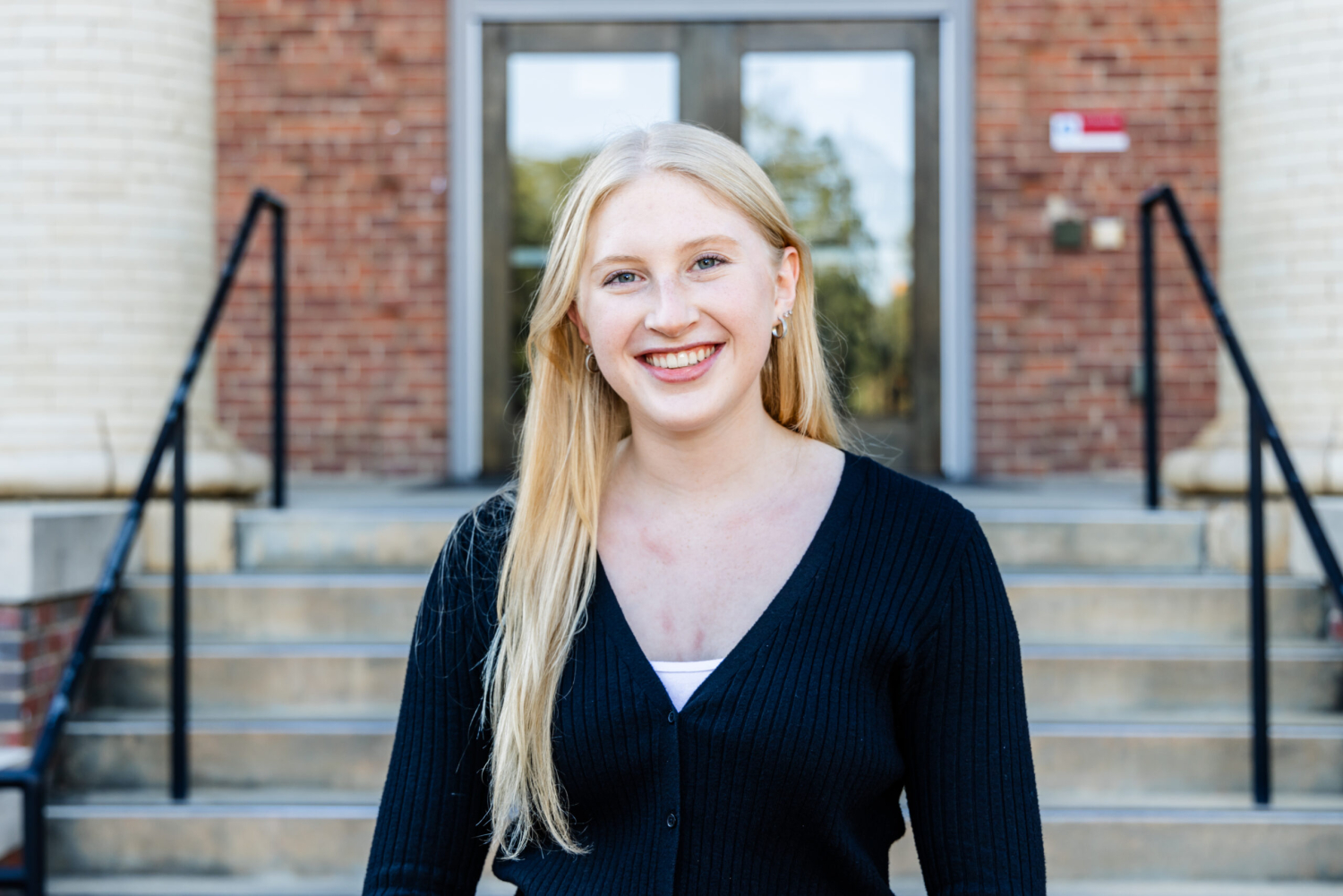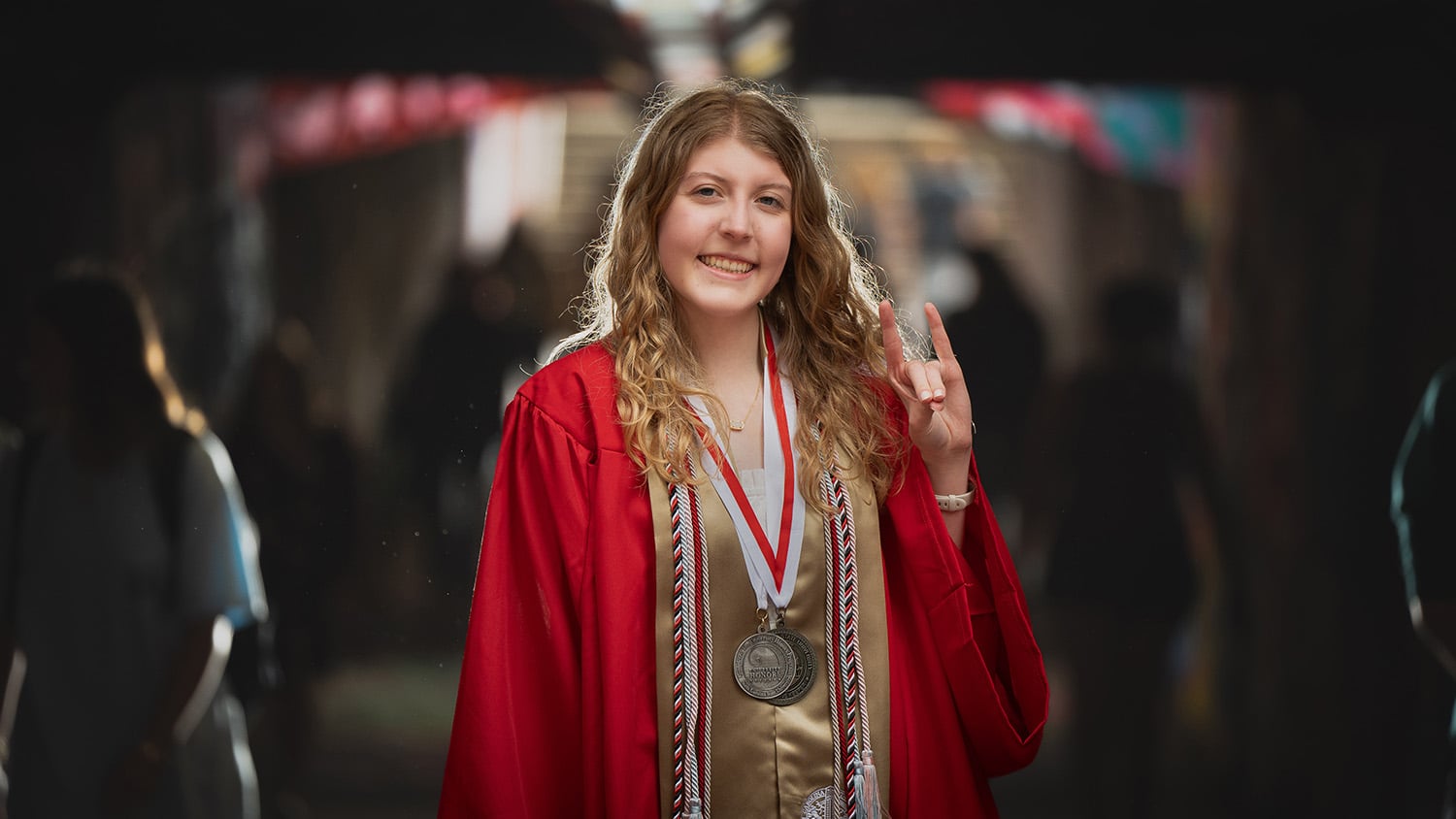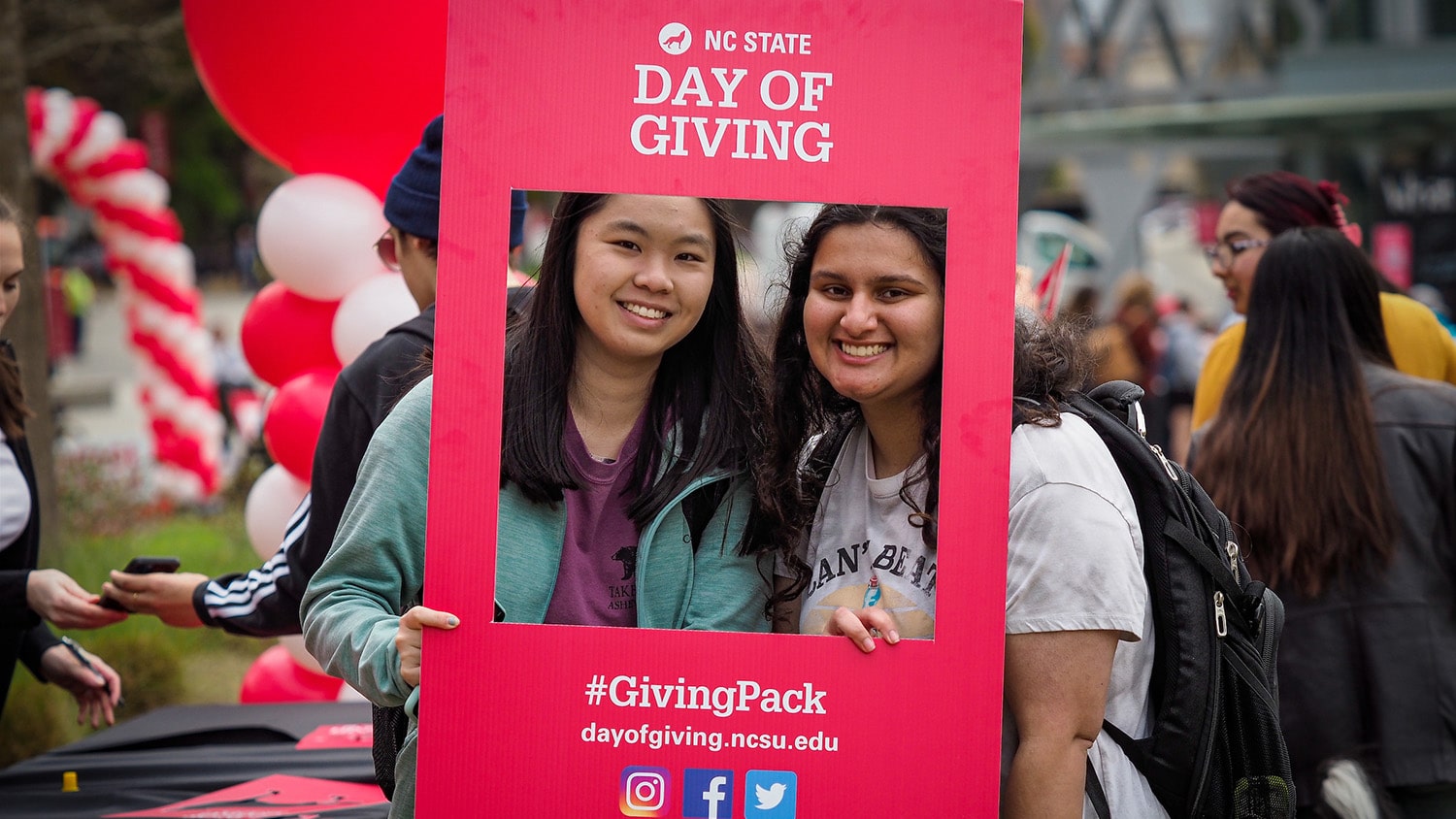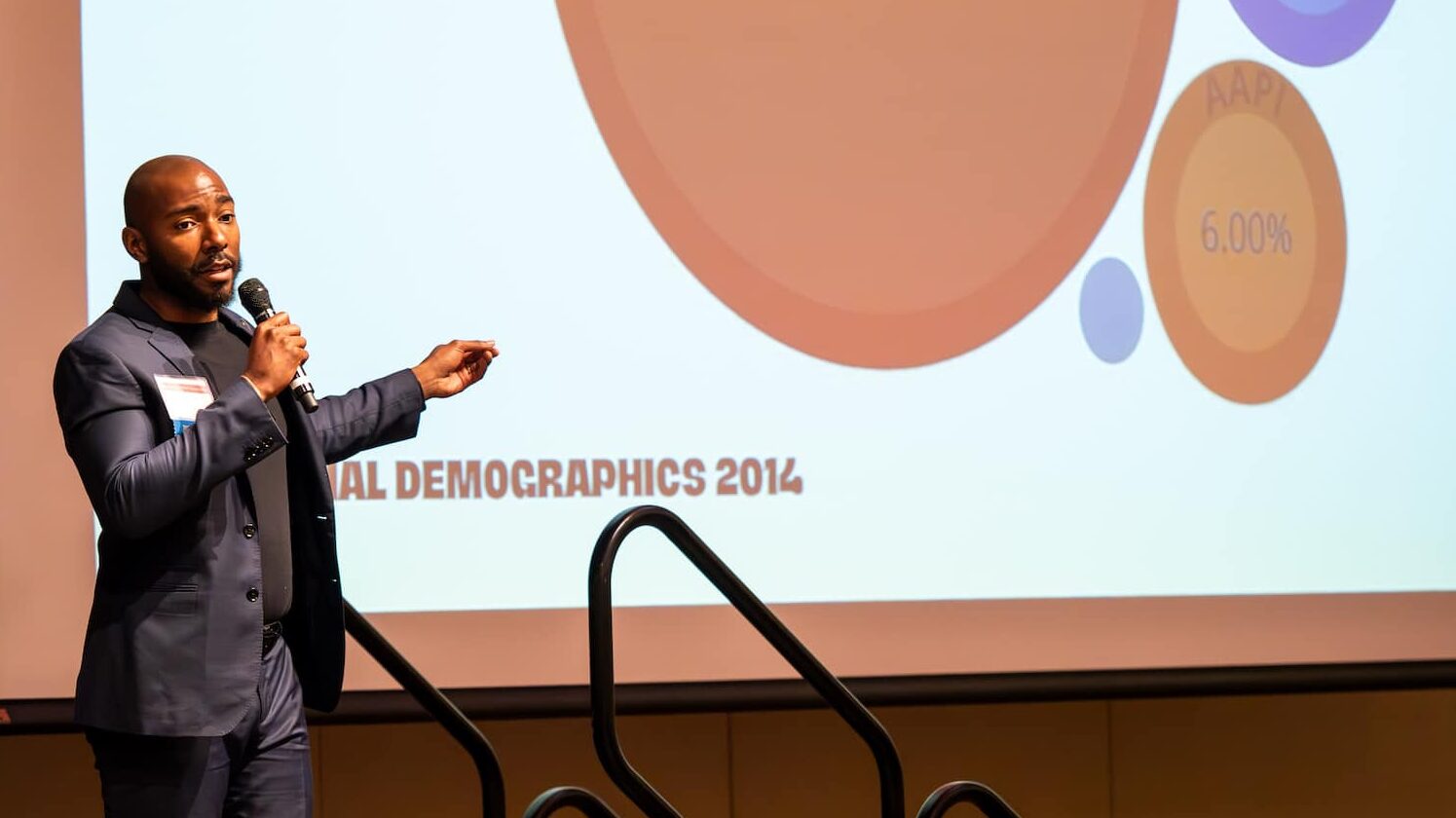Editor’s note: This post is part of a series written by the Beckman Scholars Program featuring undergraduate students who make up NC State’s most recent cohort of Beckman Scholars. NC State was named an awardee institution by the Arnold and Mabel Beckman Foundation in 2021.
Alexa Kuyvenhoven is part of the third cohort of Beckman Scholars at North Carolina State University. The Beckman Scholars Program (BSP) provides funding through the Arnold and Mabel Beckman Foundation to support 15-month mentored research experiences for exceptional undergraduates in chemistry, biological sciences and interdisciplinary combinations thereof – exceptional students like Alexa Kuyvenhoven, who attends NC State along with two sisters and has loved science ever since taking AP Biology in high school. That course experience and content sparked an interest in molecular biology and ultimately motivated Kuyvenhoven’s BSP participation.
“I heard about the Beckman Scholars Program in my first-year chemistry class. I had always been interested in research, but I didn’t really know where to start,” Kuyvenhoven shared. “After reading more about Beckman through the foundation page and my university, I decided to spend a year building up my application and getting some other research experience. I got my first job in a lab at the Plants for Human Health Institute in Kannapolis, North Carolina, the summer before my second year. Working there helped build my confidence in science and solidified my interest in applying for undergraduate research.”
Kuyvenhoven’s research project is focused on the development of a novel therapeutic for equine musculoskeletal injuries typically considered difficult to treat. This involves joining together fibrin-based-nanoparticle (FBN) Microporous Annealed Particle (MAP) gels, which have regenerative qualities, and equine bone marrow-derived mesenchymal stem cells (BM-MSCs), which possess wound healing properties, to create a self-assembling injectable FBN MSC MAP gel.
“FBN, MSC and FBN MAP gel research will play a key role in the future of wound healing,” Kuyvenhoven stated. “This research has a unique approach for equine therapeutics and is hopefully translatable to human medicine for musculoskeletal injuries somewhere in the future. Musculoskeletal injuries in equines are often fatal, so there’s a big interest in new treatment approaches.”
Continuing the research through to graduation will enable Kuyvenhoven to build upon existing data. But there is also hope that the well-rounded, mentored undergraduate research experience thus far, which has included time in two labs and a variety of models from mice to horses, still has new things in store — especially if it means working with spheroids and 3D cell culture.
“Having such thorough and awesome mentors has made my experience with the BSP incredibly valuable. They have given me great exposure to a variety of experiences in research, largely due to the fact that both labs I work in are so different,” said Kuyvenhoven. “One of my labs is more cell-focused in the College of Veterinary Medicine while the other is in biomedical engineering. This combination has made my research experience interdisciplinary and has taught me a wide range of techniques and skills both in and out of the lab.”
Those techniques and skills will no doubt pay dividends in the future, as Kuyvenhoven heads to graduate school for genomic medicine, a field that holds a lot of appeal because it is constantly evolving and, according to Kuyvenhoven, “the profession has a great blend of science communication and lab research as it pertains to genetic disease treatment.”
The last year has been filled with planning and preparation for grad school applications, a significant investment of time. But Kuyvenhoven has had a lifelong love of science, and graduate school represents a continuation of that. Even so, there have been other pursuits, such as cooking, playing soccer and spending time with pets. But then, it’s back to science. As Arnold O. Beckman used to say, “Everything in moderation. Even moderation itself.”
This post was originally published in Office of Research and Innovation.
- Categories:



